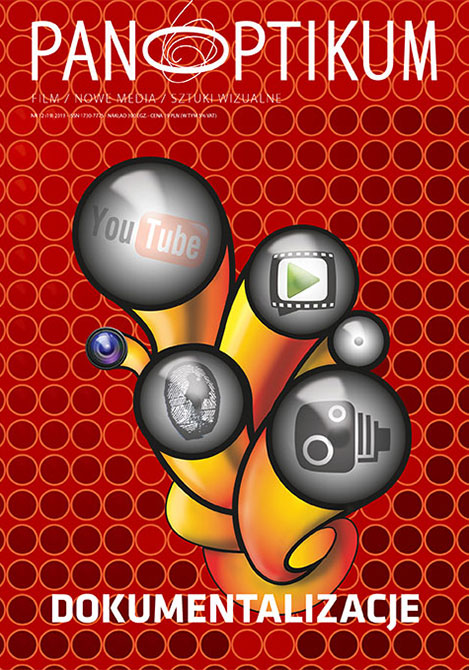Maska i demistyfikacja. Wątki autobiograficzne we współczesnych polskich filmach dokumentalnych
Abstrakt
Nowadays, more and more documentary films possess autobiographical components. Czermińska enumerates three types of autobiography: testimony, confession and challenge. The author of this article analyzes three contemporary polish documentaries – Bławut’s Szczur w koronie, Cuske’s Pamiętaj, abyś dzień święty święcił, Koszałka’s Takiego pięknego syna urodziłam - by these categories. All of these documentaries mask the subjectivity of autobiographical types of film in different ways. Bławut’s and Cuske’s films mask it by focusing on other persons and hiding themselves behind the theme. In turn, Koszałka exhibits the role of medium in the process of filmmaking and indicates opaqueness of documentary. Nevertheless, this type of film – where a personal experience is highlighted – is nowadays one of the most popular. Bill Nichols called this mode of documentary - performative. These type of films favor the local over the universal.

 Uniwersyteckie Czasopisma Naukowe
Uniwersyteckie Czasopisma Naukowe





